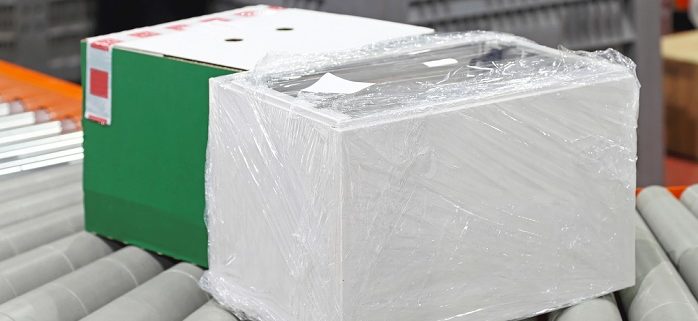How Do Reverse Logistics Work?
Reverse logistics are exactly what they sound like. If logistics is the process of getting goods from the factory to the consumer, reverse logistics is the process of getting items back from consumers or other final destinations to an earlier point in the supply chain. When you return an item to a store and it doesn’t end up right back on the shelf, you put an item into that retailer’s reverse channel.
To understand how reverse logistics works, consider a returned item at a store. The store has eight choices as to what it can do with the item, assuming that it is in working order:
- It can resell the item in its current state, potentially taking a discount for the opened packaging
- It can repackage the item so that it can be sold as new
- It can send the item to a remanufacturer or refurbisher for eventual resale
- It can ship it to an outlet store
- It can sell it to a third party broker that will then decide what to do with it
- It can send it to a central processing facility that handles the good.
- It can recycle it or throw it in the garbage
- It can donate it to a charity
If the item is damaged, the retailer’s options are more limited, but it still has the opportunity to do more than just throw the item out. In any of these instances that don’t involve simply throwing out, recycling or donating the item, it also still has value.
While manufacturers are typically more likely to simply landfill a damaged item, this is not always the case. Some manufacturers have programs in place to repair returns or to reclaim materials to lower the cost of future production.
A reverse logistics chain helps make the decision as to what to do with a returned or damaged item. It also handles the process of getting it from Point B back to Point A. Along the way, advanced reverse logistics systems also use high technology measures — just like regular supply chains — to track the good. These can include bar coding, computerized tracking and even the use of RFID tags.
To do reverse logistics right requires more than just a full range of 3PL services to help handle the movement of the items. It also requires a keen understanding of the value of returned and damaged goods as well as connections to the right channels for handling those returned items. Clark Logistic Services has that nexus of capabilities. To learn more about our reverse logistics programs and our other 3PL services, please contact us.
[gravityform id=”3″ name=”Contact Form Short”]





Leave a Reply
Want to join the discussion?Feel free to contribute!